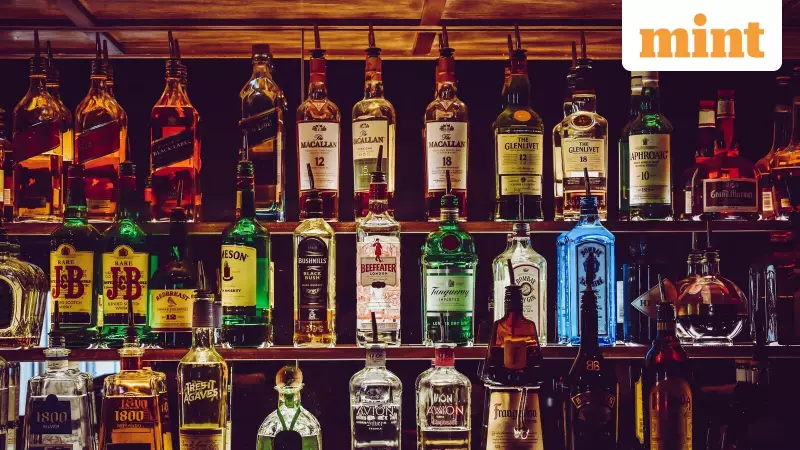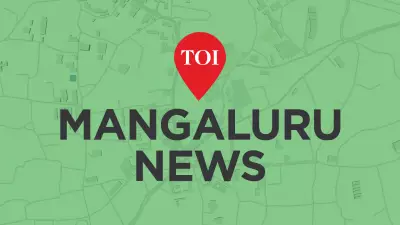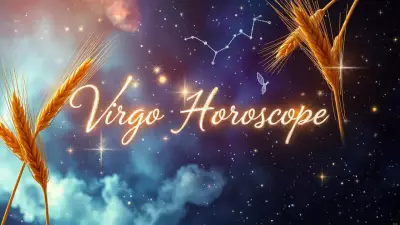
India's primary food safety authority is gearing up for a significant transformation in the regulation of alcoholic beverages. The Food Safety and Standards Authority of India (FSSAI) is set to introduce stricter quality norms, enforce clearer labelling, and enhance consumer awareness campaigns to encourage responsible drinking practices.
Key Reforms for Transparency and Health
The sweeping reforms, detailed in a draft document and confirmed by officials, target brewers, distillers, and wineries across the country. A central feature of the new framework is the mandatory declaration of a 'standard drink' on all alcohol containers. This label is designed to inform consumers about the precise amount of pure alcohol they are consuming, enabling them to make more informed choices.
An official familiar with the development emphasized that this clarity is fundamental for public health, helping individuals manage their intake and supporting broader efforts to reduce alcohol-related harm. The FSSAI will open a 60-day window for stakeholder comments before finalizing and implementing the new regulations.
Tightening Quality Benchmarks and Simplifying Rules
Beyond labelling, the FSSAI is also sharpening its quality control measures for specific product categories. For instance, the standards for high-quality sparkling wine labelled as 'Brut' are being refined. The regulator is allowing a minor safety margin of 0.3% to the existing maximum sugar limit of 1.2%, a move that aligns Indian standards with international guidelines from the International Organisation of Vine and Wine (OIV).
Furthermore, to eliminate regulatory ambiguity, the definition of 'wine-based beverages' is being simplified by removing the undefined term 'special wine'. Subhaprada Nishtala, director at the Chamber of Advancement of Small and Medium Businesses, welcomed these changes, calling them 'welcome, science-based refinements' that provide practical flexibility and improve regulatory clarity.
Impact on a Booming Market and Public Health
These changes represent a pivotal shift in governing one of the world's fastest-growing alcohol markets. India was a nearly $50 billion market in 2023 and is projected to reach a potential size of $64 billion within five years, according to a 2024 report by the International Spirits and Wine Association of India (ISWAI).
Health experts have lauded the initiative. Dr. Ambrish Mittal, an endocrinologist and chairman at Max Healthcare, Saket, New Delhi, stated that while no amount of alcohol is safe, this step is crucial for awareness. He drew a parallel to cigarette labelling, suggesting that clear alcohol content information could similarly help deter excessive consumption and make even regular drinkers more conscious of their intake.





